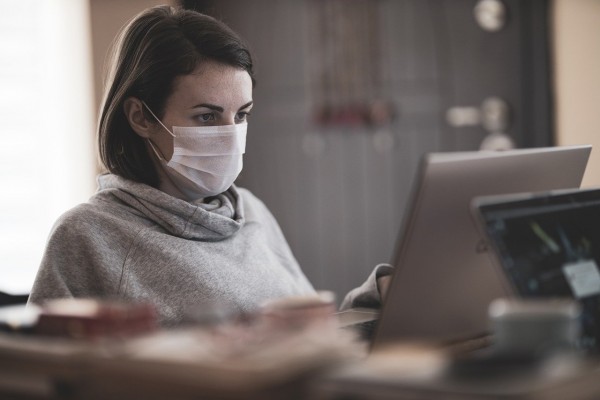At Least 28,000 People Volunteered to Get Infected With Coronavirus for Research

Towards the end of May, the World Health Organization expressed its support for human challenge trials, where volunteers are exposed to infectious diseases such as coronavirus for the purpose of research. This, as researchers hope, would help speed up the development of vaccines and necessary medicine.
Surprisingly, even with obvious risks posed by COVID-19, more than 28,000 people in 102 countries have volunteered to be part of the study.
23-year-old Gavriel Kleinwaks says that volunteering to be part of the research is one way of sharing her luck with other people as she boasts she's young and doesn't get sick a lot. Kleinwaks and other volunteers have stated various reasons for them joining the trials, mostly being able to help other people and to help speed up the development of a vaccine.
Coronavirus Challenge Trials: 3 Cs of Getting Consent from Volunteers
Getting consent from the volunteers is not simply asking them to sign a paper and paying them a fee for participation. Here are three important things to consider:
1. Confront the volunteers prior to their consent
Volunteers need to be made aware of the risks that they will face. Showing them statistical information will not be enough as what they need to see is the experience. For a start, they could be shown photos and videos of suffering COVID-19 patients.
READ: Extracted Antibodies for COVID-19 Treatment: Phase 1 of Human Trials Begin
Most likely, the people who volunteer for this kind of research are those with 'optimism bias'--the tendency to overestimate positive outcomes and underestimate negative ones. In Kleinwaks' case, optimism bias was reflected in her saying, "I'm young. I don't get sick a lot."
2. Control the validity of their consent
WHO says, "the pathogenesis of COVID-19 is currently poorly understood". With this, volunteers need to be informed of the developments in the study and must be given the right to reconsider their consent as new information comes up.
If, in any case, the participants are deprived of information on progress and the right to withdraw from the study, their consent will be invalidated.
WOW: GSK Does Not Plan to Profit from Its COVID-19 Vaccine Response Booster Technology
3. Compensate the volunteers
As in any other trial, the volunteers need to receive compensation, which should include the payment for participating in the study and reimbursements for necessary expenses like travel, medical fees, and others. Paying the participants properly also make it more known to the participants that the risk could be significant.
CHECK THIS OUT: Job Alert: The US Needs 184,000 Contact Tracers | Are You Qualified?
Jun 05, 2020 01:08 PM EDT





